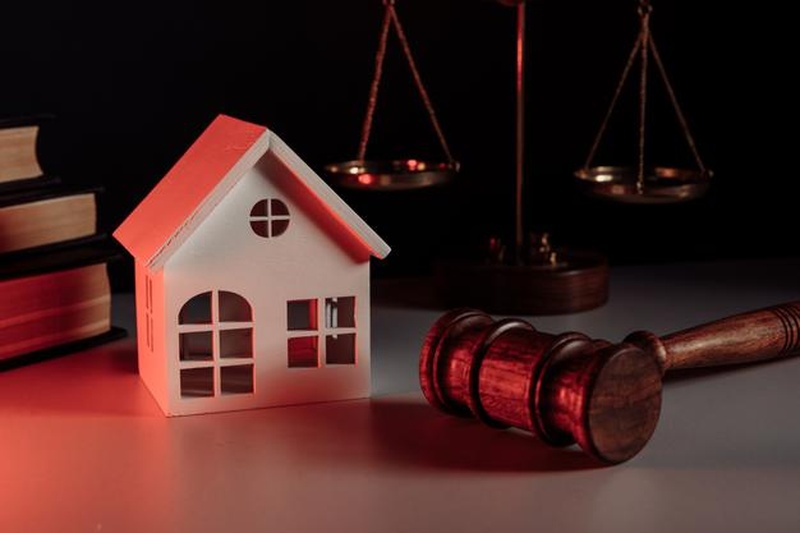Buying and selling property at an auction has become rather common in recent times. As per estate agents in Oakwood, almost 20,000 properties are bought at auctions every year, which is around 2.2 per cent of the total home sales in the UK. One reason that many homeowners choose to sell their property at an auction is because of a higher level of certainty; auctions have a higher selling rate than most traditional estate agents and estate agencies. If you have been thinking about selling your property at an auction, here is everything that you need to know about selling your house at an auction.
Choose an auction house
First, you need to choose an auction house that you want to use as an agent to sell your property. There are quite a few auction houses in the UK, so as a homeowner, you need to do your due research to figure out which auction house is the best for you and your property. Most established auction houses will charge a higher fee than other auction houses, but they will also do a better job at marketing your property and ensuring that your property is seen by the highest number of potential buyers. While choosing the right auction house, be sure to base your decision on the services offered as opposed to the fees charged.
Find out the associated costs
Usually, to register your property with an auction house you need to pay a certain fee. This fee could range from hundreds to thousands of pounds, depending on the auction house. Also, once the sale goes through, there is a certain commission that the auction house will charge, again, varying from auction house to auction house. Usually, auction houses charge a higher commission than most estate agents, but the added certainty of making a sale is what makes an auction house worth the higher cost.
Start the registration process
After you have figured out which auction house is going to list your property, you need to register your property with that auction house. It is better to start the process of registering at least 6 to 8 weeks before the date of the auction so that the auction house has ample time to market your property, add it to their catalogue and show your property to prospective buyers. Once you have registered your property, you need to make sure that all the details that are to be published in the catalogue are correct. Meanwhile, appoint a solicitor to prepare the sale contract.
Set the right price
For one, you need to set a valuation reserve price which is essentially the lowest price that you are willing to accept for your property. The valuation reserve price is only known to you and the auctioneer, it is never disclosed to the bidding parties. By doing so, any offers that are below the valuation reserve price will be automatically rejected. Also, you need to set a guide price for the catalogue. The auctioneer will help you set a guide price so that potential buyers have a fair idea of the kind of offers you are looking for. Usually, the guide price is kept on the lower side so as to attract more potential buyers. The guide price is disclosed to the public so that potential buyers can make offers that are in line with or higher than the guide price.
Get your property ready
Stage your property so that your home looks appealing to potential buyers when they come for viewings. Apply a fresh coat of paint, clean the property thoroughly and make sure that your property looks its absolute best. If any small repairs need to be made or any broken things need to be fixed, start working on those as soon as possible. Usually, a property that is listed with an auction house is sold within 3 to 4 weeks, so be sure to have everything in order.
Selling your property at an auction is just as simple as the steps mentioned above. Now, you can either attend the auction to find out how much your property has sold for, or you can relax at home and let the auction house call you once the sale has gone through. The completion process will take a few days, after which the sale will officially be complete.

















